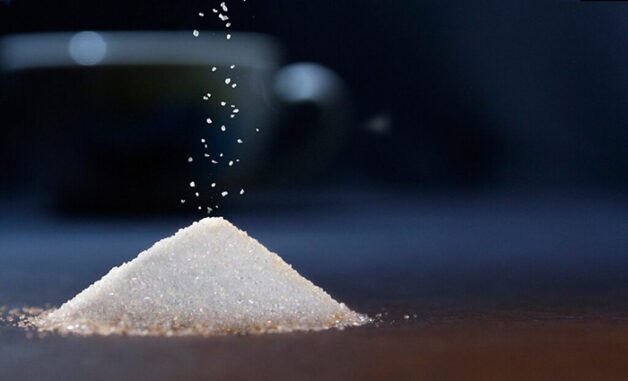
French taxes on sugary drinks: A sweetener-free solution to support public health
France has introduced taxes on non-alcoholic beverages containing added sugars or artificial sweeteners (e.g. diet drinks). French taxes on sweetened beverages aim to reduce sugar consumption and encourage healthier dietary choices.
What are French taxes on sugary drinks?
French taxes on sweetened beverages are imposed on drinks containing added sugars or synthetic sweeteners. They apply in particular to soft drinks and energy drinks. The aim of these taxes is to reduce the consumption of products with a high sugar content, in response to public health concerns.
To this end, French regulations have introduced two separate taxes:
- one on beverages containing added sugar;
- the other on drinks containing artificial sweeteners.
Together, they form the French tax on sugary drinks.
Implementation and collection of taxes on sweetened beverages
The implementation of these taxes involves several key elements:
1. Taxable products
Taxes apply to beverages:
- falling within CN codes 2009 (fruit or vegetable juices) and 2202 (mineral and aerated waters enriched with sugar or other sweeteners)
- in retail packaging (bottles, drums, cans, etc.)
- with added sugars and artificial sweeteners in any quantity
- with an alcoholic strength not exceeding 1.2% abv, or 0.5% abv for beers.
They cover a wide range of products, including fruit drinks with added sugars or sweeteners, and concentrated syrups that consumers dilute.
However, certain products are excluded from French taxes on sweetened beverages. These include milk, yoghurts, syrups falling within CN codes 1702 or 2106, and alcoholic beverages. It is important to note that the latter may be subject to PREMIX tax under certain conditions, namely when their composition includes sugar.
2. Tax rates
The government has adjusted these rates over time to reflect its health objectives.
Taxes on added sugar beverages are based on sugar content per hectoliter. The higher the sugar content, the higher the rate:
– in 2024: 3.17 €/hl for beverages containing less than 1 kg of sugar per hl (increased to 3.50 €/hl on 01/01/2025)
– in 2024: 24.78€/hl for beverages containing 15kg of sugar per hl (increased to 27.34 €/hl on 01/01/2025)
Tax rates on sweeteners are set at €3.17 per hectoliter (increased to 3.50 €/hl on 01/01/2025).
Note: When the product contains both added sugars and sweeteners, the sale is subject to both taxes.
3. Liability, tax point and due date
Manufacturers, importers or distributors of taxed products are responsible for calculating, collecting and remitting the tax to the DGFIP (Direction Générale des Finances Publiques).
Tax is payable at the same time as the taxable event. In practice, this generally means on the first sale of taxable products by the manufacturer, or by the person introducing them into France.
Sugar taxation represents a crucial step in the fight against public health problems linked to excessive sugar consumption. Indeed, as part of its health objectives, the French government evaluates and adjusts tax rates. Operators are therefore advised to carefully check the potential taxation of these taxes on sugar-sweetened beverages in their operations, to avoid any tax evasion.
Is your company active in the sweetened beverage sector? Contact us if you would like to entrust this reporting to a tax representative who understands these specificities.